 America’s systems, from education to class, and everything in between, are working as they were designed. Deep inequities were present at our country’s founding and have been a through line until today. And therefore, discriminatory beliefs and practices have been built into our systems – those formed by the government and by our institutions. In other to ensure greater equity, nonprofits should explore how racism has been built into systems.
America’s systems, from education to class, and everything in between, are working as they were designed. Deep inequities were present at our country’s founding and have been a through line until today. And therefore, discriminatory beliefs and practices have been built into our systems – those formed by the government and by our institutions. In other to ensure greater equity, nonprofits should explore how racism has been built into systems.
The construction of race is a backbone to our systems
Racism, a system of advantage based on race, is an integral part of how many of our nation’s other systems, such as our criminal justice system, were crafted. This is why race as Americans understand the concept today was formed. As the National Museum of African American History and Culture (NMAAHC) explains, prior to American colonization, “race” was used rarely and generally meant to group people by kinship, rather than shared physical characteristics. However, racial categories as we know them today became more commonplace as the “categorization of people became a justification for European colonization and subsequent enslavement of people from Africa.”
European colonization and the founding of America depended on this construction of race, thereby ensuring that race was interwoven into our nation’s policies and practices. Understanding that race has been and still is the central way that we divide, and therefore understand, our nation helps us see that it has necessarily been built into the core of our institutions.
Inequitable outcomes are a product of intentional design
The racial disparities we see today are expected outcomes based on intentional design. Let us take a brief look at the housing system in particular, which is often said to be broken, to understand how this system perpetuates itself.
In response to the Great Depression, the New Deal included housing programs – programs which intentionally shut out Black Americans. On top of this, the newly established Federal Housing Administration refused to insurance mortgages in and near Black neighborhoods, a process called redlining. Over the past century, mortgage insurers have not always explicitly stated that race is a reason for denying coverage, instead color coding these neighborhoods as “risky.” But the racism was overt in the Federal Housing Administration’s manual, which stated that “incompatible racial groups should not be permitted to live in the same communities.” Today, credit scores are used as a form of redlining, disproportionally impacting Black and Latinx households. Home ownership is one of the most secure ways for families to accrue wealth. As a result of redlining policies, White households have a median wealth that is ten times that of Black households and eight times that of Latinx households.
Nonprofits must examine the systems they are built on and uphold
With this knowledge, nonprofits should examine how inequities show up within their organizations, how they affect their stakeholders and community, and explore how DEI initiatives can address them. Learn how to take your first steps here.
____
About YW Boston
As the first YWCA in the nation, YW Boston has been at the forefront of advancing equity for over 150 years. Through our DE&I Services—such as InclusionBoston and LeadBoston—as well as our advocacy work and youth programming, we help individuals and organizations change policies, practices, attitudes, and behaviors with a goal of creating more inclusive environments where women, people of color, and especially women of color can succeed.
As part of that work, we are helping organizations prioritize Diversity, Equity & Inclusion and become socially connected while staying physically distant. During this time, YW Boston is providing organizations with digital workshops and resources to help them better understand the challenges faced by their employees. For more information, please contact Sheera Bornstein at sheera@ywboston.org.
 Beth Chandler, YW Boston President & CEO, was recently joined by Patricia J. Williams, a University Professor of Law and Philosophy, and Director of Law, Technology and Ethics at Northeastern University for a conversation on Critical Race Theory (CRT). As a CRT scholar, Professor Williams has published widely in the areas of race, gender, and law.
Beth Chandler, YW Boston President & CEO, was recently joined by Patricia J. Williams, a University Professor of Law and Philosophy, and Director of Law, Technology and Ethics at Northeastern University for a conversation on Critical Race Theory (CRT). As a CRT scholar, Professor Williams has published widely in the areas of race, gender, and law.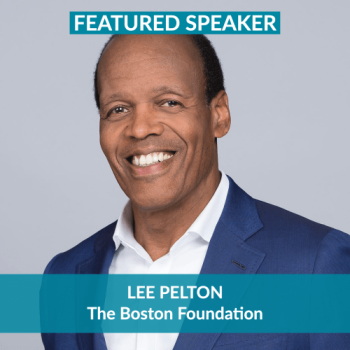 On Thursday, October 7th at 9:00 am, join us to hear a candid conversation with Lee Pelton. Lee Pelton
On Thursday, October 7th at 9:00 am, join us to hear a candid conversation with Lee Pelton. Lee Pelton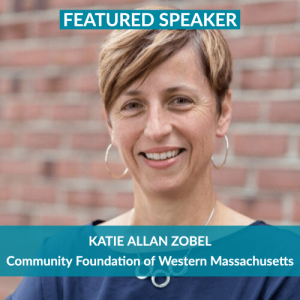 Tuen in Wednesday, October 6th at 9:00 am to hear from Katie Allan Zobel. Katie Allan Zobel has served as President and CEO of the
Tuen in Wednesday, October 6th at 9:00 am to hear from Katie Allan Zobel. Katie Allan Zobel has served as President and CEO of the 
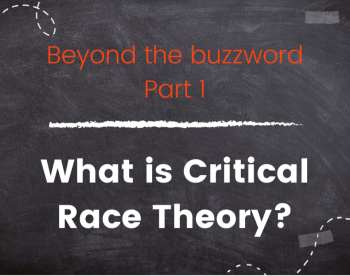 By
By 





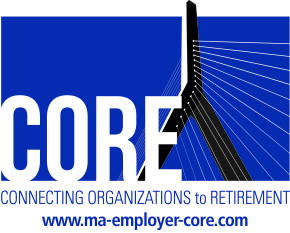




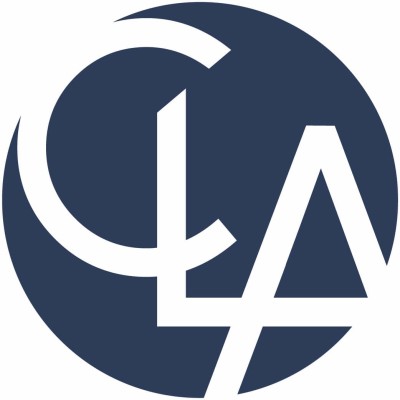
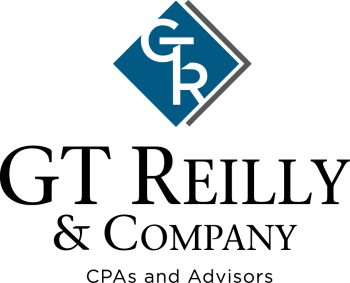


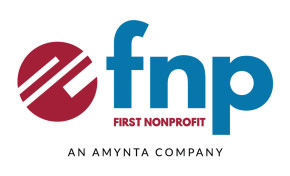
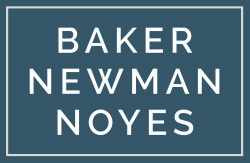

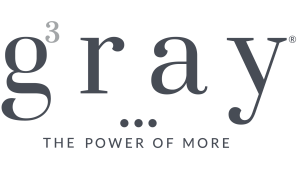



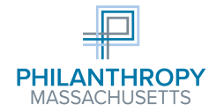

 By
By  By
By 